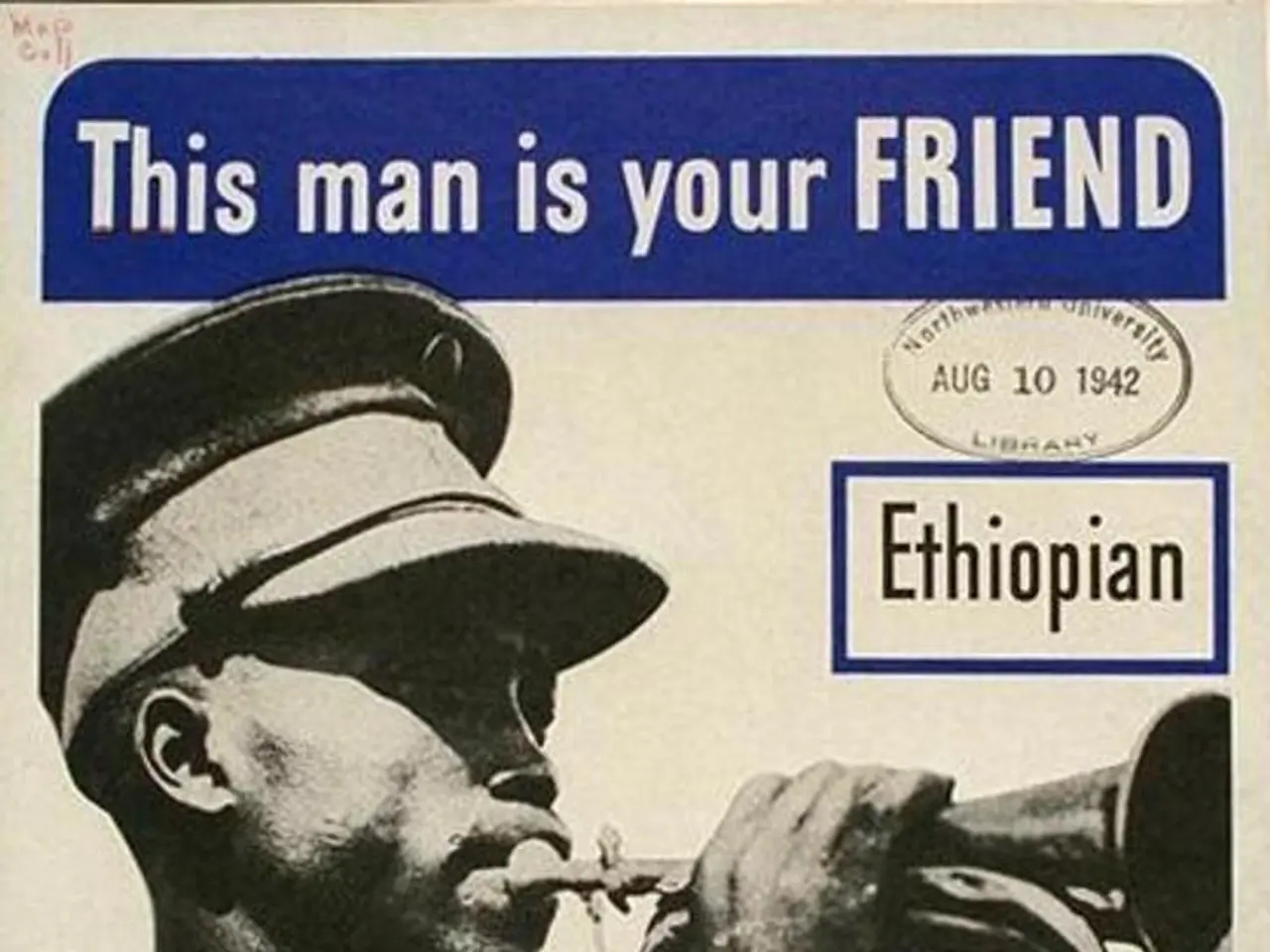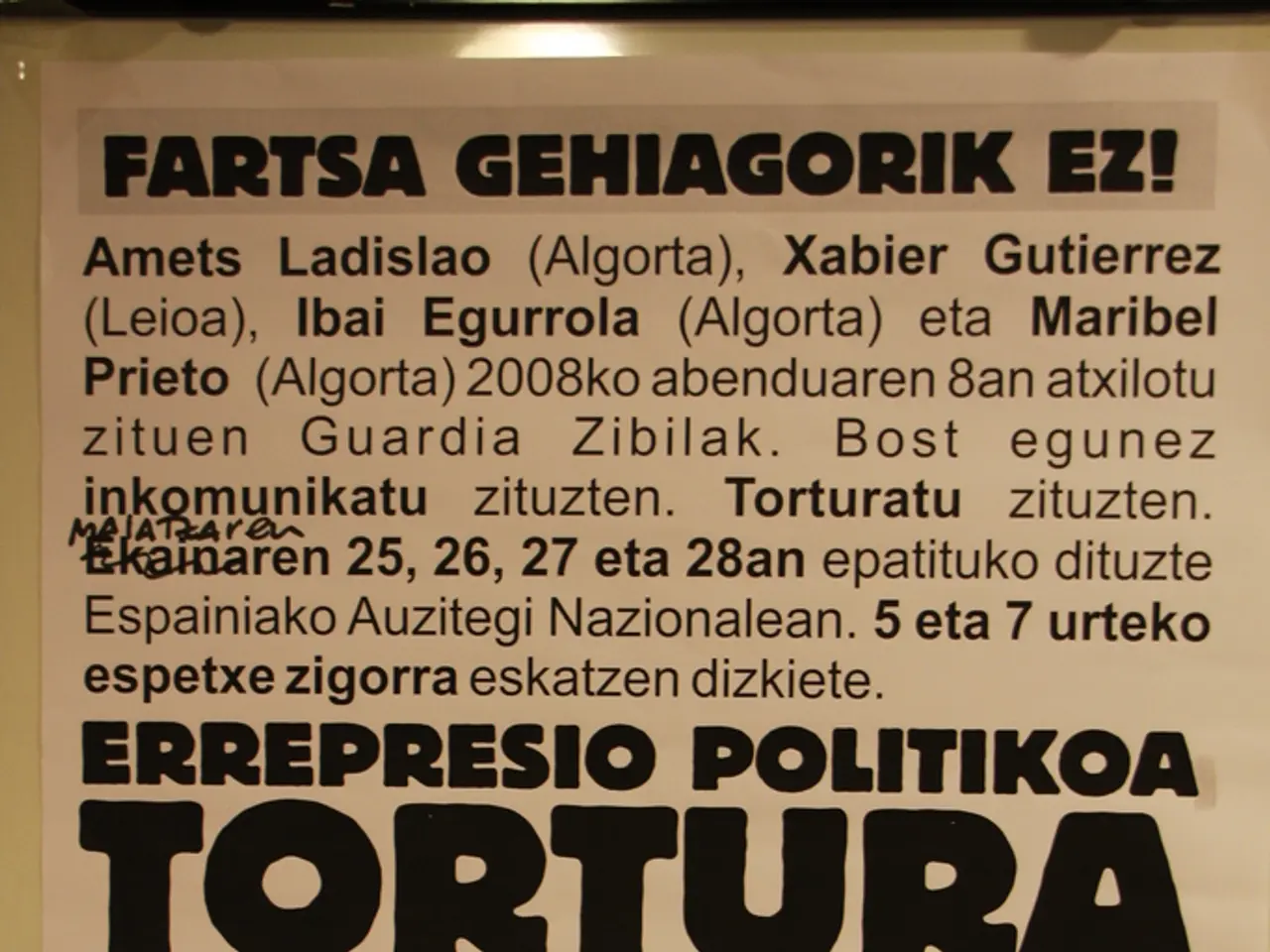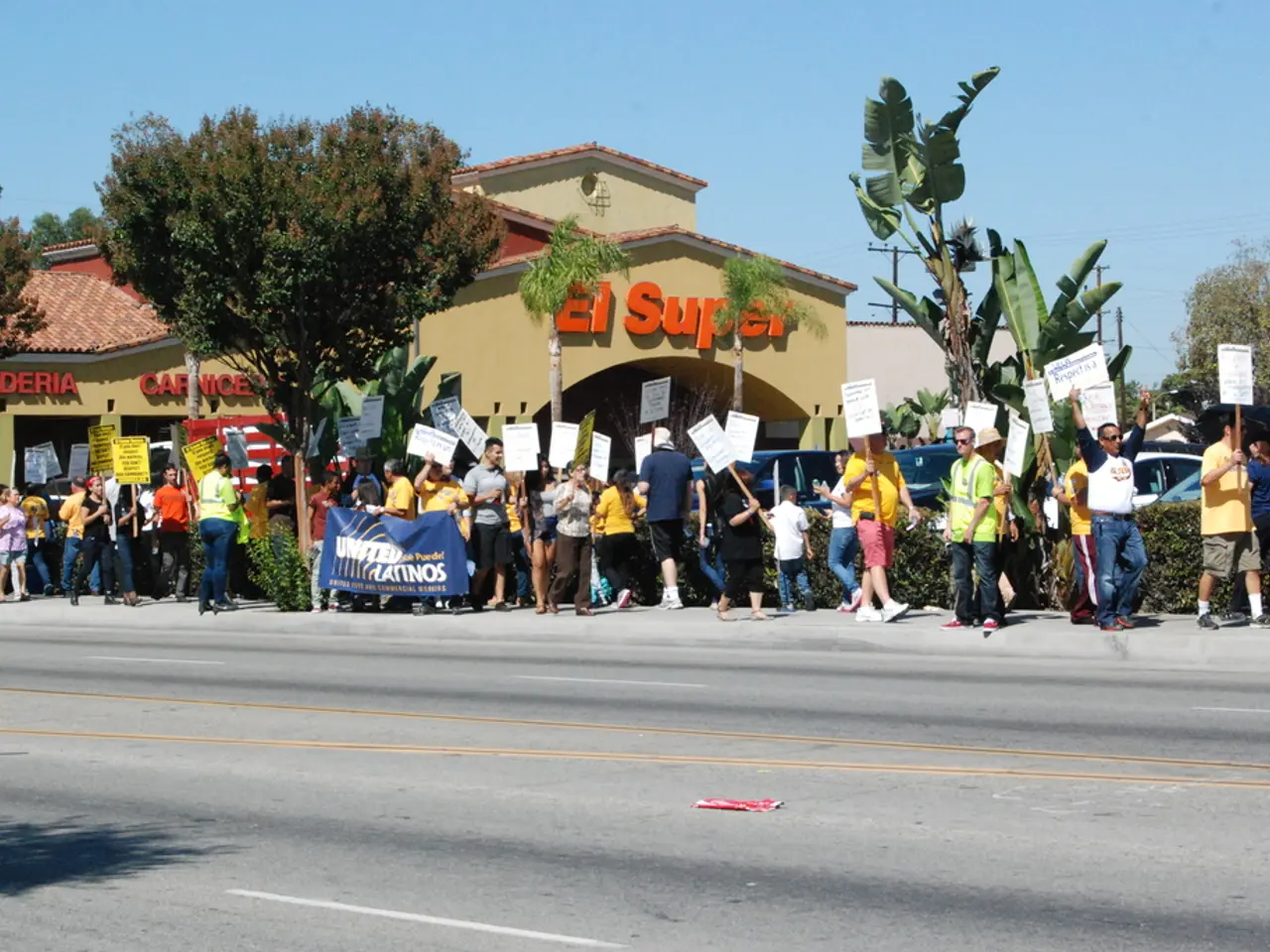Russian author Boris Akunin found guilty and given a 14-year prison sentence
Renowned Russian writer and opposition figure Boris Akunin, whose real name is Grigory Chkhartishvili, has been sentenced to 14 years in prison by the Second Western District Military Court. The author, who has been living in London since 2014, was found guilty of justifying terrorism, facilitating terrorist activities, and evading foreign agent obligations.
The charges against Akunin include publicly justifying terrorism, a serious offense under Russian law, and facilitating terrorist activities. He was also found guilty of violating the procedure for the activities of a foreign agent, failing to label his publications as required by Russian law.
The court sentenced Akunin **in absentia** to 14 years in a high-security penal colony. The first four years of his sentence are to be served in prison. In addition to the prison term, Akunin was fined 400,000 rubles and banned from administering his social media pages for five years after serving his sentence. He was also placed on the international wanted list.
The court's decision was made independently of any earlier sentence or penalties imposed on Akunin. Rosfinmonitoring, Russia's financial monitoring service, has left Akunin's bank account under arrest. It is unclear from the public announcement why an arrest warrant was issued for Akunin.
Akunin's lawyer has stated that the writer does not admit guilt and plans to appeal the verdict. The lawyer has not yet commented on the absentia arrest warrant.
Boris Akunin is known for his critical views about the political situation in Russia, particularly regarding the conflict in Ukraine. He has published books under the literary pseudonyms Anna Borisova and Anatoly Brusnikov.
The stringent legal measures against Akunin reflect Russia's stance on individuals it perceives as opposing its policies, particularly in the context of terrorism and foreign agent regulations. This sentencing underscores the importance of adhering to the law, especially when it comes to matters of national security.
The court's decision to sentence Boris Akunin, a renowned Russian writer, to 14 years in a high-security penal colony for justifying terrorism and violating foreign agent obligations, falls under the category of general-news and crime-and-justice. Moreover, the charges against him also include facilitating terrorist activities and failing to label his publications as required by Russian law, which further adds to the political significance of this sentencing.






